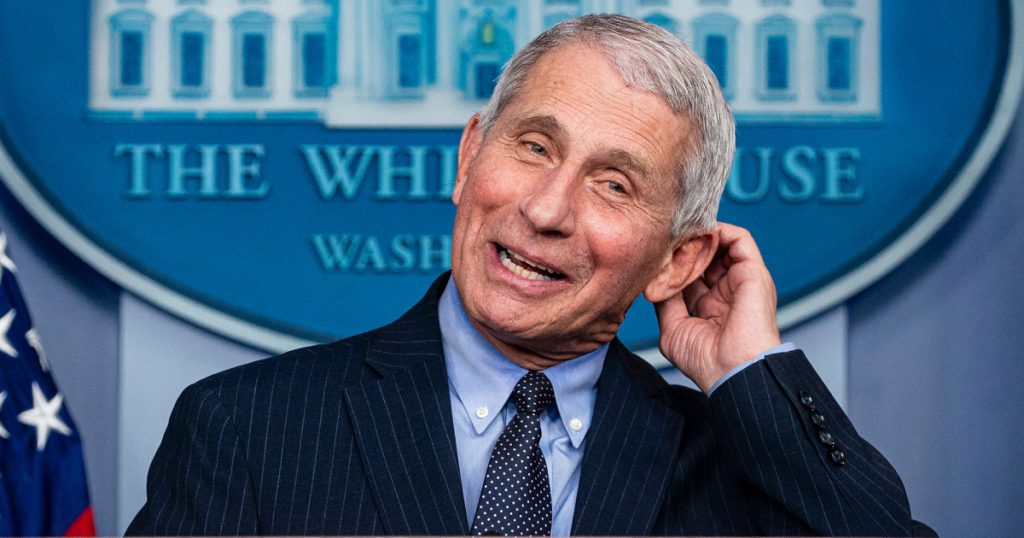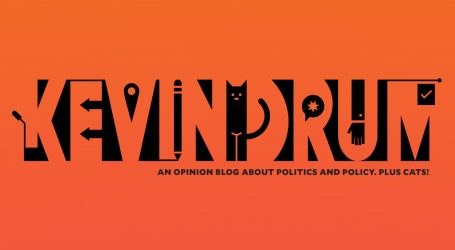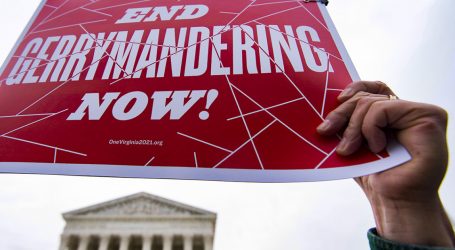The Disinformation Pandemic Is Real. Fighting it Will Require Compassion.
Al Drago/ZUMA
Let our journalists help you make sense of the noise: Subscribe to the Mother Jones Daily newsletter and get a recap of news that matters.Trump is gone. But assessing the wreckage wrought by his lies has only just begun. Emerging, battered, from a year advising the former president, Dr. Anthony Fauci, the nation’s top infectious disease expert, and Dr. Deborah Birx, the former coronavirus taskforce coordinator, both agree: Trump’s embrace of disinformation and chaos made the pandemic worse. “I think if we had had the public health messages from the top right through down to the people down in the trenches be consistent, that things might have been different,” Fauci told CBS on Sunday. On Face the Nation, Birx described working around Trump, and competing with “parallel data streams coming into the White House.” In his first press conference as President Biden’s top medical adviser, Fauci described the “liberating feeling” of letting “the science speak.”
The damage done by anti-science messaging—along with self-delusion, denial, and happy talk—can’t be underestimated, says Dr. Seema Yasmin, an Emmy Award-winning journalist, epidemiologist, and author of the new book, Viral BS. It amounts to a pandemic within a pandemic. “It’s not just a pathogen that threatens our public health,” she tells MoJo’s Kiera Butler, on this week’s episode of the Mother Jones Podcast. “It’s the misinformation and disinformation about the disease, about the vaccine, about the pandemic, that can undo everything you’re trying to do in public health.”
Effective communication is the “make or break”, she says. And it’s been in short supply. “Public health agencies and other establishments have not taken the information aspects seriously for many years,” she says. And so the challenge is even tougher when it comes to encouraging Americans to get the coronavirus vaccine, especially in marginalized or underserved communities. “If you interviewed six of them, you would have six different reasons—historical, cultural, religious, all of that—for being vaccine-hesitant, so we have to meet people where they are.”
Yasmin lays out her playbook for tailoring messages across a wide range of groups during this live-streamed Mother Jones event, recorded earlier this month. You can listen to the lightly edited audio version…
…or replay the full video, below:





